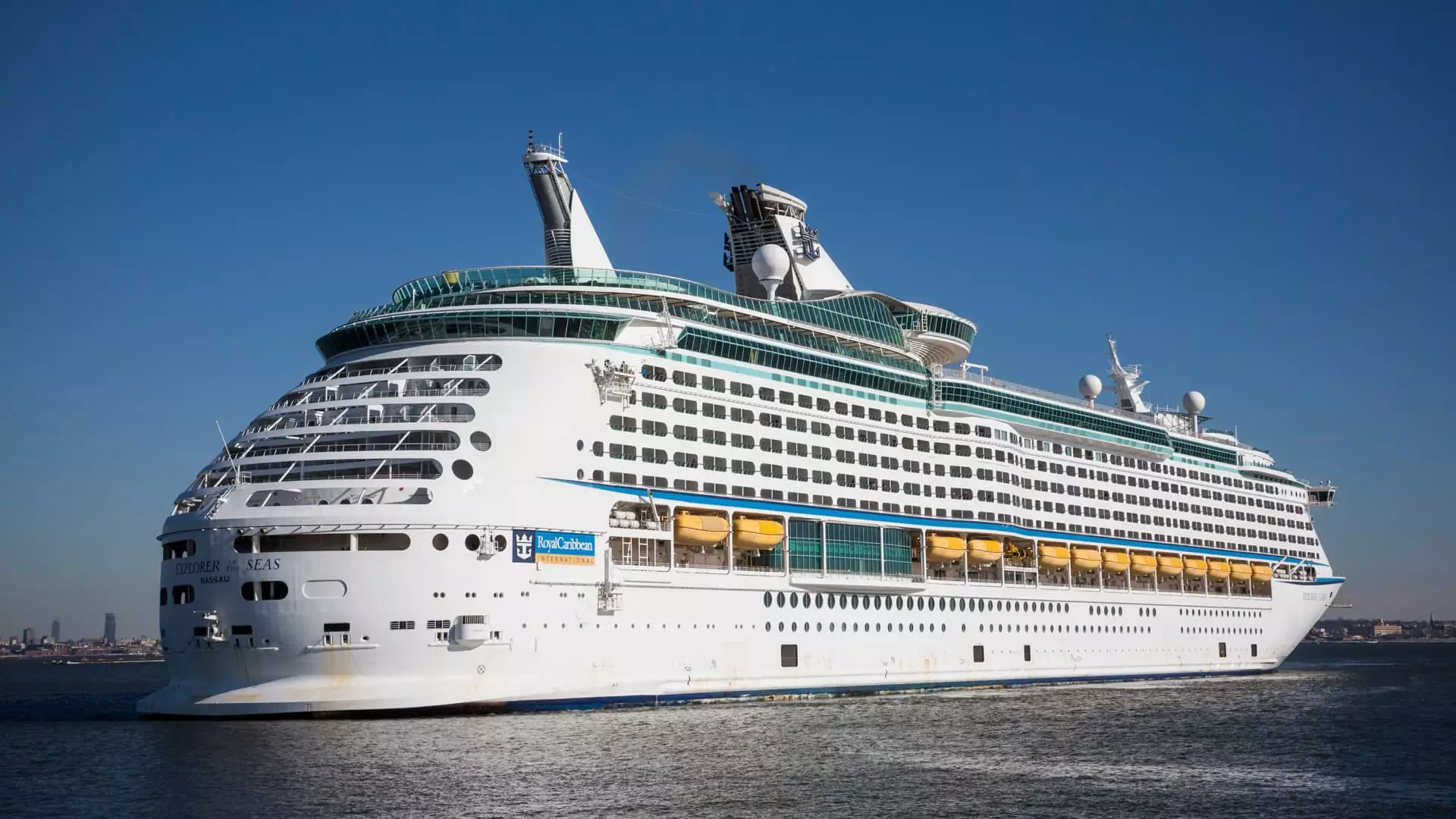On Thursday, cruise line stocks faced a significant downturn following remarks made by Commerce Secretary Howard Lutnick regarding potential tax reforms targeting the industry. His comments, made during a Fox News appearance, cast a shadow over the cruise sector, suggesting that the Trump administration plans to impose stricter tax regulations on companies operating in this space. Lutnick raised eyebrows with his assertion that these companies operate largely without contributing to the U.S. tax system, highlighting the absence of American flags on cruise ships and questioning their tax obligations.
This political commentary unleashed a wave of fear among investors, resulting in dramatic declines in the stock prices of major cruise companies. For instance, Carnival’s shares plummeted by 9%, while Royal Caribbean’s saw an 11% decrease. Norwegian Cruise Line and Viking Holdings also suffered significant losses of 10% and 7.7%, respectively.
In the immediate aftermath of Lutnick’s statements, the market demonstrated a knee-jerk reaction that many analysts, including those at Stifel Financial, deemed excessive. They described the selling spree as a “massive overreaction,” arguing that such political discussions regarding tax changes have been a recurring theme over the years. The analysts pointed out that this marked at least the tenth instance in 15 years where the cruise industry had been threatened by proposed tax changes, none of which have progressed into substantial legislative alterations.
Stifel’s analysts further clarified that from a taxation perspective, the cruise industry is categorized alongside the cargo sector by the Internal Revenue Service, implying that any significant adjustments to tax structures would require a much broader overhaul of the cargo industry itself—a daunting task considering the relative size of the cruise market.
The uncertainty brought about by Lutnick’s statements raises important questions regarding the future strategies of cruise lines. Analysts suggested that companies might consider relocating their corporate headquarters overseas to mitigate the impact of any new tax regimes. This shift could lead to a reduction in American jobs, as the cruise industry primarily operates in international waters, thereby limiting the ability of the U.S. government to impose sanctions or taxes effectively.
Such speculative moves would not only affect the labor market but could also transform the foundational structure of how cruise companies operate, complicating their financial obligations to the U.S. government. With over 90% of operations occurring in international territories, cruise lines could potentially evade increased taxation altogether, leading to a competitive disadvantage for companies based in the U.S.
While the market’s reaction to Lutnick’s comments reflects a heightened sensitivity to political discourse impacting public companies, history suggests that such fears might prove unfounded. Stifel’s bullish sentiment on several cruise industry stocks, such as Carnival and Royal Caribbean, illustrates that this could be a prime buying opportunity for investors aiming to capitalize on the volatility. The situation underscores the delicate balancing act businesses must perform, navigating both the waters of economic reality and the unpredictable currents of political changes. As the industry braces for potential challenges, the future remains uncertain but ripe with opportunity for discerning investors.

